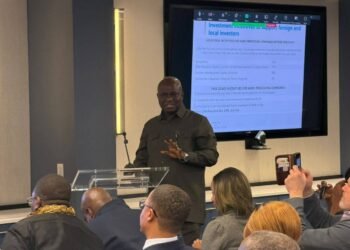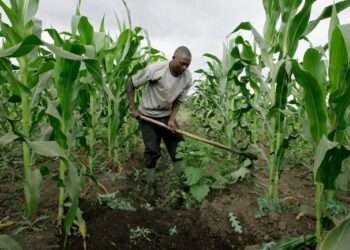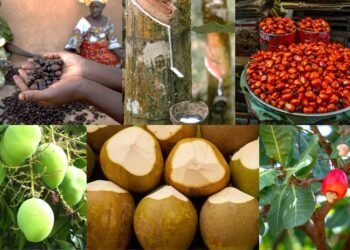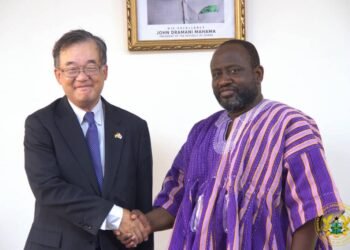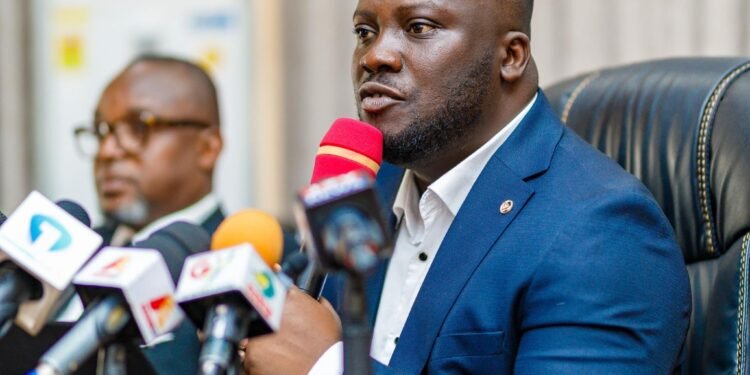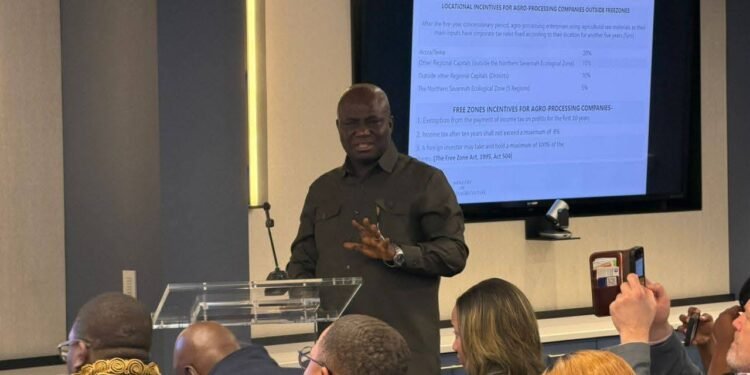The Board Chairman of the Cocoa Processing Company Limited (CPC), Kwaku Owusu Baah has initiated a number of policy interventions aimed at reforms to help turnaround the fortunes of the company.
Kwaku Owusu Baah says CPC is now better placed to retool and rehabilitate its obsolete plant and machinery in order to fully access its processing lines so as to increase its production and consumption base. In addition, he hinted that CPC will continue to introduce new product recipes and adopt a more progressive marketing posture by expanding its marketing outlets to all parts of Ghana as well as identify new foreign markets. He revealed this at the company’s Annual General Meeting held in Accra.
In the past years, the company was heavily indebted to financial institutions and COCOBOD, a situation which made it difficult for CPC to raise the needed capital to revamp the company’s operations. Thus, this resulted in inconsistent and/or non-supply of cocoa beans which is the company’s main raw material. The company’s old and obsolete plant and machinery also accounted for its poor performance.
The recent annual report and financial statement of the Cocoa Processing Company shows that it recorded another loss, of US$4.3 million in 2019, although better than the US$7.2million loss recorded the previous year – a situation shareholders expressed vehement discontent with during the company’s annual general meeting. Accumulated debt has led to the non-payment of dividends to shareholders of CPC since it was listed on the Ghana Stock Exchange in 2003.
One of the shareholders, Lawrence Ala who said he bought shares the very year the company was listed on the Ghana Stock Exchange, lamented that he had never gained even a pesewa from that investment, regretting ever making that choice.
“I have been a shareholder of CPC since it started floating shares. It was an investment my wife and I decided to make. We bought shares worth GH¢4,500 but ever since we bought the shares, we have received nothing from the company. At a point in time, I wanted to sell off my shares but I was told the value had dropped to the extent that even if I sell it, I won’t get GH¢10 out of it. Meanwhile, at the time I bought these shares, I could have bought 4 Tico cars. Imagine how much I would have made from that,” he lamented.
In an interview, Owusu Baah Kwaku revealed that management is working assiduously to change the narrative by introducing strategies and measures which will increase production capacity and inject new capital into the company to put it in pole position to become viable and profitable, especially at a time when the new continental trade pact offers many advantages.
“We inherited a GH¢180million debt when we took over in 2017. We are passionately appealing for shareholders to exercise some patience with us. We now have the support of government, and gradually we are bringing the debt down. AfriExim is also supporting us with US$70million to retool and replace some of the obsolete parts of our plant and increase our capacity”
“It is going to increase our capacity from 64,500mt to 87,000mt. The confectionary capacity is also going to increase from 3,000mt to 15,000mt. So, we are asking our shareholders to have patience till we turn things around.”
CPC says it plans to leverage on the implementation of the African Continental Free Trade Area (AfCFTA) agreement come next year, stating that the move has become necessary to reverse the ill-fortunes that have impacted on the operations of the cocoa processing company.
“The operationalization of the Africa Continental Free Trade Area in January 2021 creates an enabling environment for CPC to tap into the over 13 billion Africa population and we intend to do just that,” he explains in the company’s recent annual report.
“We have started rebranding our confectionary products to make ready for the AfCFTA market. We are also targeting entry into the Chinese market. We have acquired a machine that can process 1 tonne per hour, and we plan on doing 22 tonnes a day. So, after a maximum of three years, we expect shareholders to get dividends,” he added.




